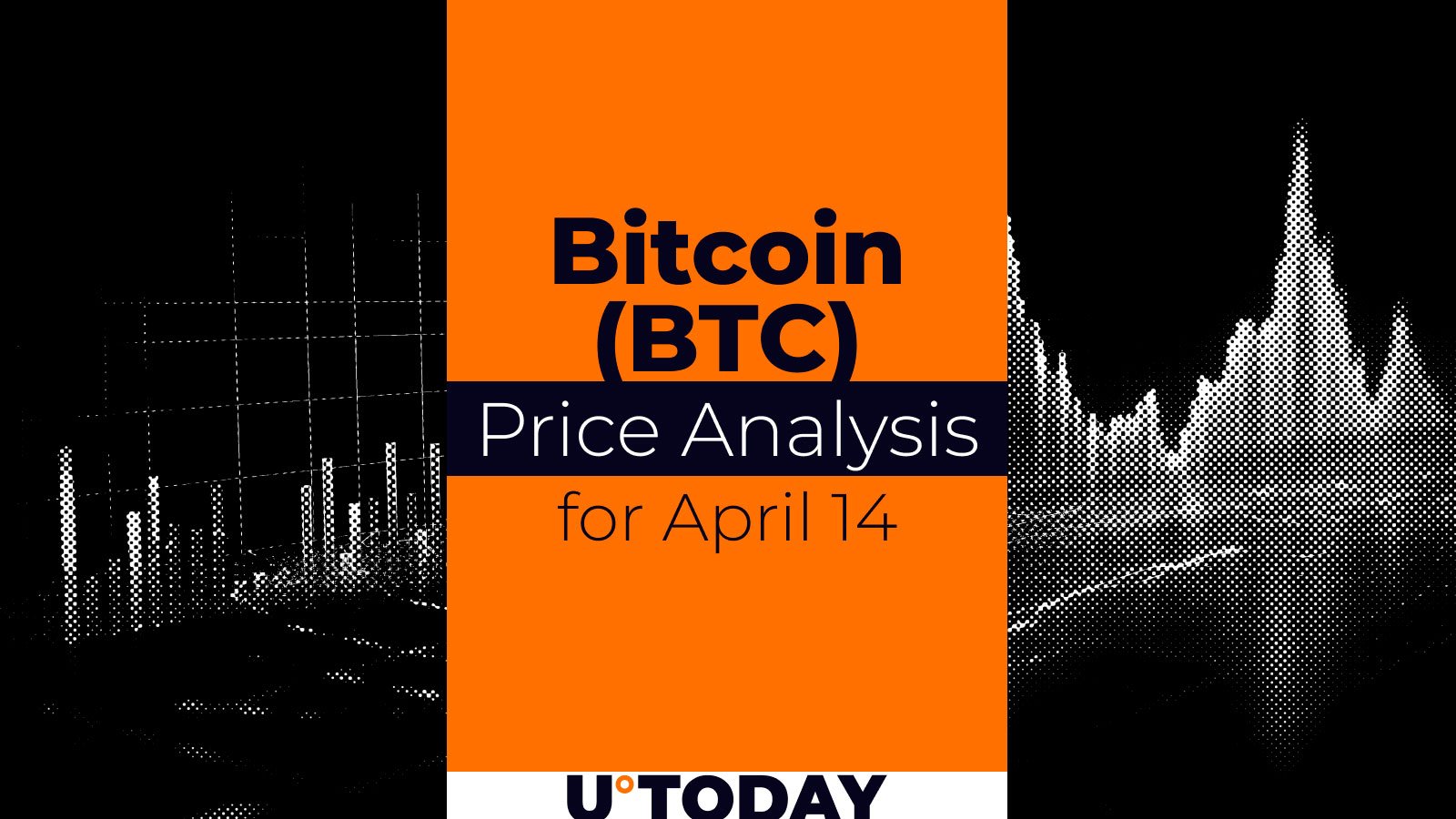【Www willbet】-Are Germany’s Online Gambling Laws Hurting Its Market and Users?
location:Willbet APP Real Money Gambling Emirates Casinos > Gb willbet8 casino > 【Www willbet】-Are Germany’s Online Gambling Laws Hurting Its Market and Users?
-
Updates
Actionpackad och bonuspackad västern How Do SHIB Burns Affect Shiba Inu Price? $150,361,090 XRP Mystery Stuns Community, Here's What's Really Behind It NFTs and Metaverses in 2022: Comprehensive Guide XRP Achieves Historic Feat Against Ethereum (ETH) Tron (TRX) Price Is Bullish, But There's a Catch 1,000,000 XRP Not Level Anymore Ethereum (ETH) Price Prediction for April 13 Summering av Outsourced: Slash Game Shiba Inu Price Triggers: Reviewing SHIB with Kraken PayPal Stablecoin PYUSD FAQ: Guide on Everything You Need to Know Shiba Inu Price Triggers: Reviewing SHIB with Kraken ‘I’m Long Bitcoin (BTC),’ Reveals Legendary Trader Peter Brandt Legendary Trader Bollinger Issues Bitcoin Bottom Alert Ethereum (ETH) Price Prediction for April 13
-
Tags
# willbet casino north carolina real money # Willbet Free casino # willbet restaurants # Willbet Official Website # willbet MX # Party Casino # willbet Sports Betting # willbet free casino games # willbet Cherokee online casino login # Qq willbet casino login
-
Catalogs
willbetcursed crypt How to withdraw from WillBet willbetoutsourced Willbet Online Casino Games willbetevil eyes Gb willbet8 casino willbet sportsbook willbet near me willbetwisdom of athena willbet app download for iphone

Germany's strict online gambling rules are harming users and their experience, pushing players to black markets for better options.
Germany is known for its efficiency and precision. However, things have not been quite as straightforward when it comes to German online gambling regulations.
The country’s very strict licensing requirementshave created a mess of red tape that’s becoming frustrating to navigate—for players and operators alike. The overall intentions may be good, but the reality is a complex system that’s not only suffocating the market but also pushing players towards less regulated, often riskier options.
Germany's strict licensing system
Germany’s new State Treaty on Gamblingcame into effect in 2021 and set the stage for a highly regulated market. It states that all online gambling operators in Germany must get a license to offer their services legally in the country.
This process involves rigorous checks, tough compliance measures, and a large financial outlay. The regulator, Glücksspielbehörde, is vigilant and has even promised to take action against streamers promoting unlicensed operators.
It’s clear that the goal is to protect players and ensure that every game played is fair—as it should be. This is a noble goal, but the implementation has had many up in arms. Operators are facing intense restrictions, including a monthly deposit limit of only €1000. There are also rules about there being at least 5 seconds between each slot spin.
These rules are aimed at reducing problem gambling, but instead, they’ve stifled the gaming experience and pushed players away. In a world of instant gratification, no one wants to wait for their favourite online slot to take another spin… Other restrictions have also meant that new operators are not keen to enter the market at all.
Black market boom
Unfortunately, one of the biggest issues that has come from the strict rules and laws is that the online casino black market is now booming in Germany.
According to recent reports, unlicensed casino operatorsgenerated a massive €648 million in gross gaming revenue (GGR) in 2023 alone. This not only shows a significant loss of tax revenue for the government but also highlights a preference among players for unregulated sites.
Why? Because these casinos and sportsbooks offer more attractive odds, bonuses, and fewer restrictions. Which only leads to even more exciting and engaging gameplay.
A similar story in Scandinavia and the Netherlands
Germany isn't alone in its tough approach to online gambling laws. All across Europe, in countries like Finland, Norway, Sweden, and the Netherlands, regulators are struggling with similar issues.
In online casinos in Norway, one of the many issues is the limited payment options available, which makes it hard for players to deposit and withdraw funds. This lack of flexibilityis a major turnoff for users. Instead, they look to international sites with better payment options and fewer restrictions.
In Finnish casinos, Swedish gaming houses, and gambling sites in the Netherlands, the situation is slightly different but equally frustrating for players. These countries operate under their own self-regulated licensing systems.
This self-regulation means that Finnish, Dutch, and Swedish operators must jump through even more hoopsto obtain a license, leading to fewer options and less innovation in the market.
The result? Players are left with a limited selection of games and a less dynamic gambling environment. Once again, it makes the black market a more attractive experience, especially with the ability to use payment methods like crypto.
What is the way forward?
So, what’s the solution? There’s no doubt that a balance needs to be struck between regulation and what users experience. While protecting players is important, overly strict laws can backfire, pushing players towards unregulated and potentially unsafe alternatives.
Germany and other European countries could benefit from a more flexible approach that balances regulation with innovation. Done correctly, this would allow the online casino market to thrive while still protecting consumers.
Published: August 2, 2024
